Blog, Mission Possible Aug 2015: Helping beat malaria with a simple net
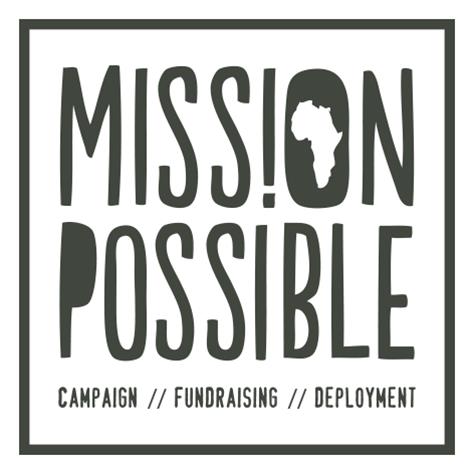
During their deployment in Tanzania, our Mission Possible team members are helping in the battle against malaria by distributing mosquito nets to communities.
As volunteer Sabah Malik explains, it’s a simple and effective measure - but choosing those to benefit can be difficult.
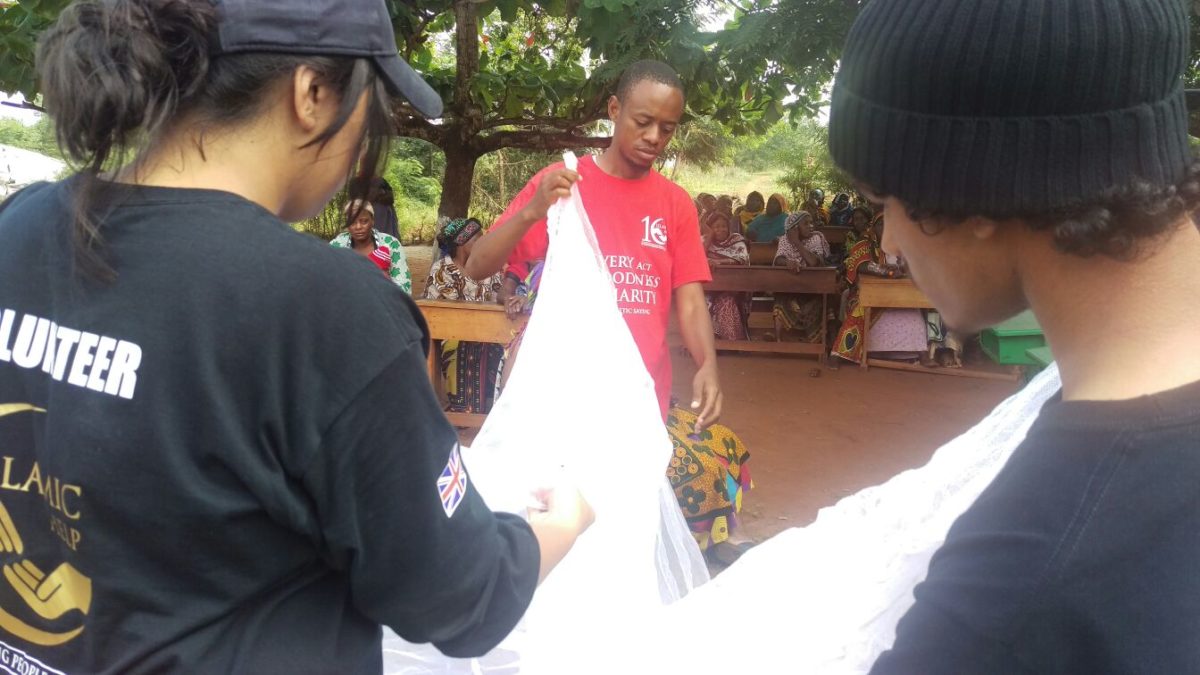
On day 5 I was leading the malaria project. I had to plan and organise a training session for the children at Mwenbeni school. This was our chance to educate the children about malaria, what it is, how to prevent it and how to use the mosquito nets.
At the boys dorm room we distributed 15 mosquito nets and in the girls dorm room we gave out 12. It was a good experience because as a team we were able to help the children against a disease which is very common and potentially life threatening.
Seeing the children really happy and appreciative gave us the feeling that we had achieved something, by leaving the children with these nets which could be a step forward in preventing them from catching malaria.
The challenge of a village
After distributing the nets and giving the training session, I had the challenge of doing the same thing but this time with 230 villagers. This was one of the more difficult experiences as it took a lot more planning and organisation as we were unsure about the number of people that would actually turn up.
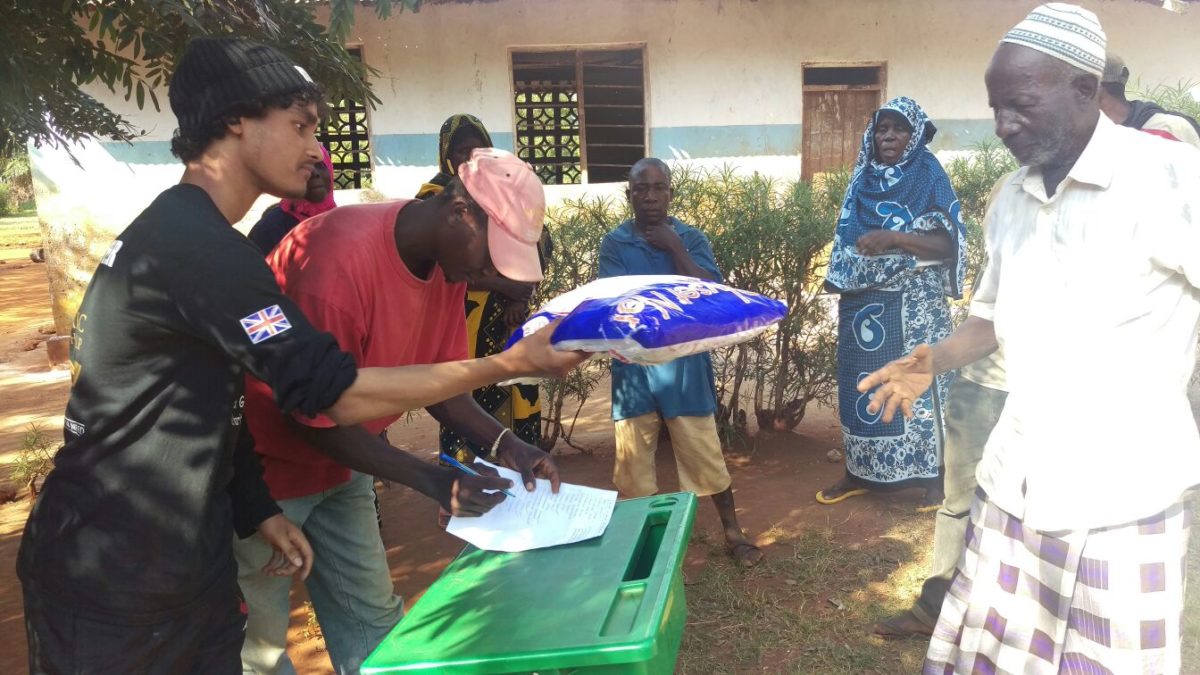
The village leaders of the four hamlets all came up with separate lists of names of people who were expecting mosquito nets. As a team, we decided to do the training session first before distributing the nets amongst the villagers.
After the training, the team split up with the village leaders and the list of names and we then asked the villagers to form separate queues.
At the beginning the distribution seemed to be going well and people on the list were being given nets. However, a few people whose names weren’t on the list, lined up to get a net and had to be turned away due to us not having extra nets available.
When three of the lists had been completed, we moved onto the longest list which had around 130 names. This was the most difficult part of the distribution.
Getting restless
People began to get restless because some weren’t able to get a net. After going through the list of names once, names that hadn’t been ticked off were called out for a second time. This was when we realised that we had a shortage of nets.
The village leaders had kept some aside for those people who had disabilities and weren’t able to make it to the distribution point in person. While we were trying to resolve the problem of the amount of nets we had left, an old man approached me and kept asking me to help him get a mosquito net. Because his name was not on the list I wasn’t able to just hand him a net, so my only option was to tell him I would try my best to help him.
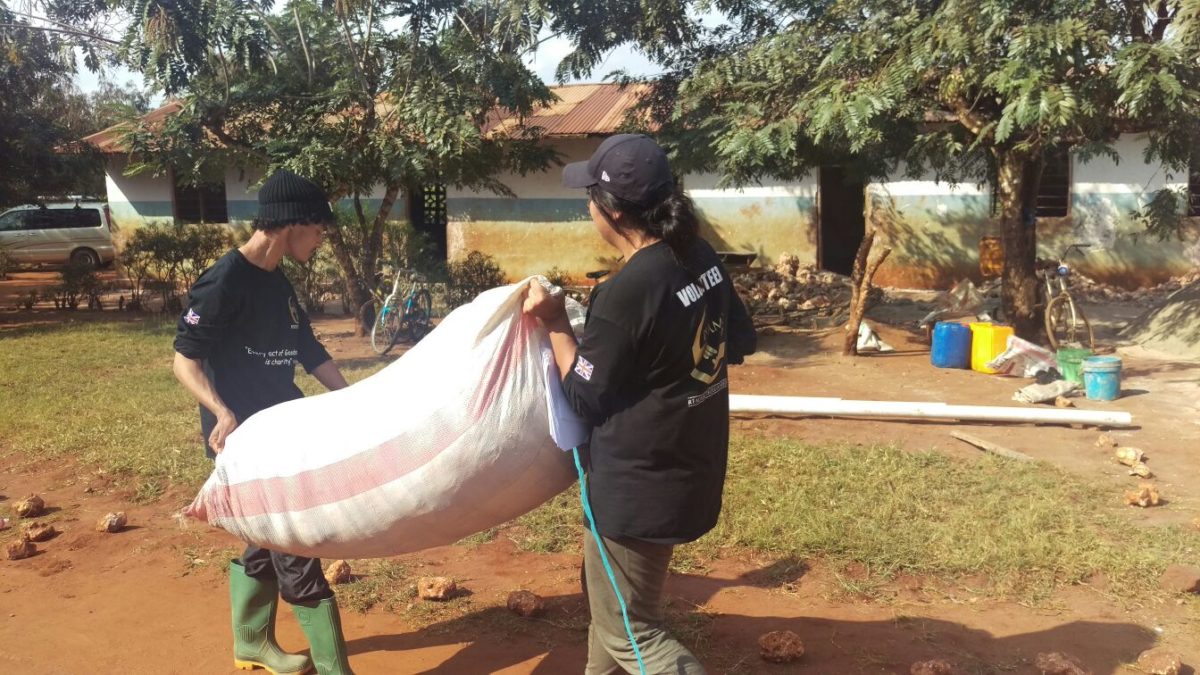
We had around 11 left to give out but there were more names on the list of people who were expecting nets. This was a challenge that we had to face. The village leaders had around 288 names across all their lists, this was more than the amount of nets we had in the first place. Because this was out of our hands and people were getting irritated, we had to leave quickly due to a big crowd forming around the table.
The hardest part about this was that some people who were expecting to leave with a net couldn’t. So they didn’t gain much from coming to the distribution and therefore weren’t really able to minimize their risk of catching malaria.
Simple remedies, lacking quantities
This situation got to me more as on the previous day we had visited the only health centre in Pangani. During the tour of the centre we were taken to a room where the medicine was stored. We immediately saw that the amount of medicine they did have was not enough, considering it is the only centre in Pangani.
Speaking to the doctor, we were told that the little amount which they did have would to last 3 months due to the centre having around 800 patients a month. Because the health centre doesn’t have enough medicine, a lot of people have to be turned away and have to get their medication elsewhere.
We also met some patient with severe malaria. Experiencing this helped me, in the sense that I wanted to work harder for the training session and distribution the next day.
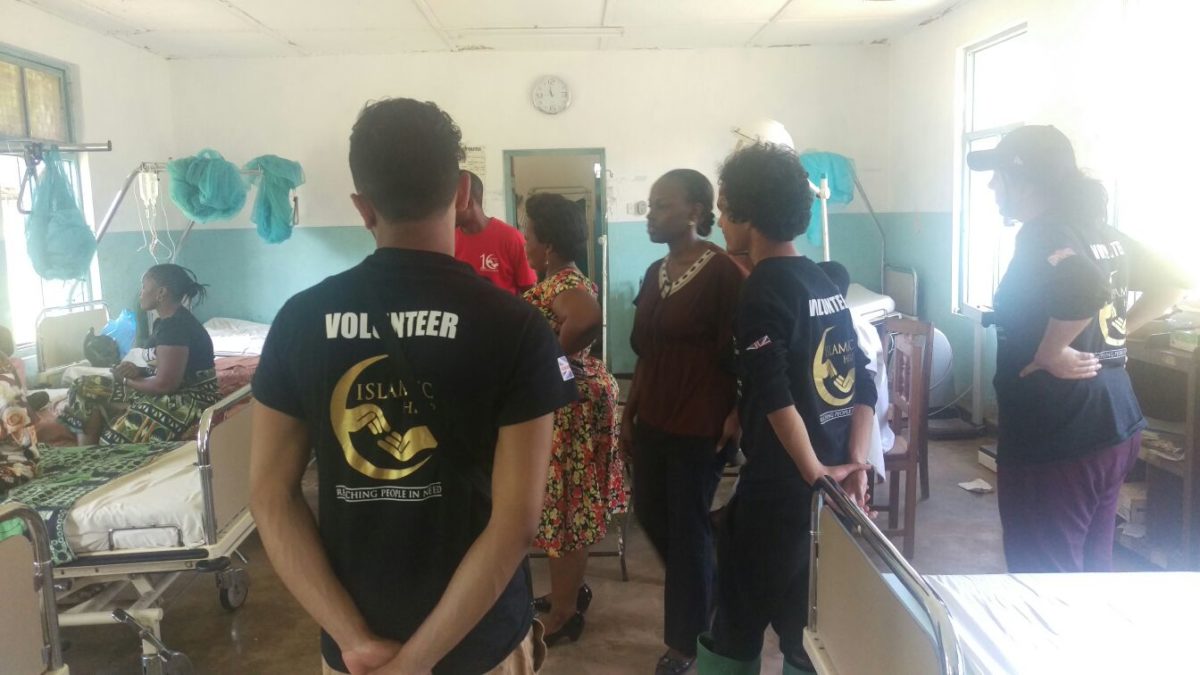
That same day we also visited the hospital in Pangani where we gave out bedsheets. The hospital had asked for this specifically, because, when they did have funds they had to prioritise by sorting out major problems first such as repairing ambulances.
When we handed the doctors the bedsheets I was so relieved that we were able to help them with a difficulty that they had. When we were in the wards we met patients with malaria, two of them babies. One was a year-and-a-half old and the other was 10 months old.
This was such an emotional thing to see because the babies were so young and you can’t help but think about how easily this could have been prevented. Because of this, when we were distributing nets, I was finding it hard to accept the fact that we couldn’t help everyone and they weren’t all going to receive a net.
Overall, I found the whole experience extremely emotional and at the same time very eye opening. I got to see patients suffering from malaria and then I was able to help them to prevent this in the future, even if it was a small step forward.
Sabah Malik



